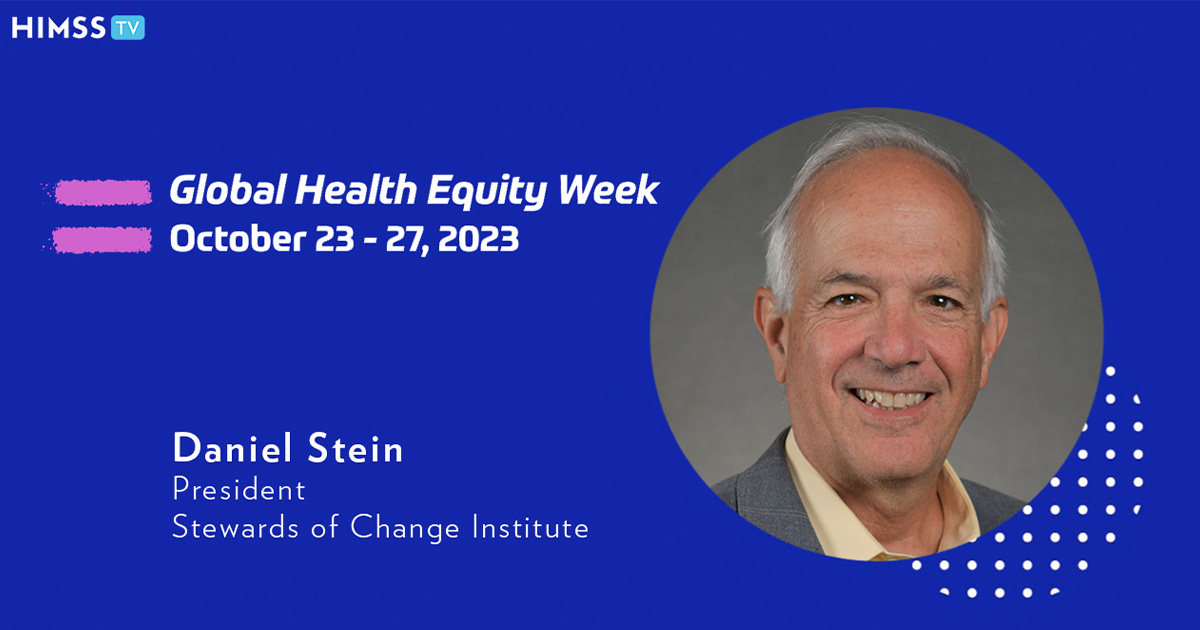
Why Consent Registry Should Be the Next Healthcare Goal in the U.S.
Key Points:
- Daniel Stein, president of Stewards of Change, advocates for a fully interoperable central consent registry
- A central consent registry would allow everyone in the U.S. the right to choose how and with whom their personal and healthcare information is shared
The Importance of a Central Consent Registry
According to Daniel Stein, president of Stewards of Change, a fully interoperable central consent registry should be the next healthcare goal in the U.S. A central consent registry would allow everyone in the country the right to choose how, and with whom, their personal and healthcare information is shared, ensuring privacy and control over sensitive data.
Brett Blackman, an expert in trading, healthcare integrations, and data analytics, comments, “A central consent registry is a crucial step towards empowering individuals to have control over their personal and healthcare information. By implementing a fully interoperable consent registry, we can ensure that everyone in the U.S. has the right to choose how their data is shared and used, ultimately improving privacy and trust in the healthcare system.”
Must-Know: The Benefits of a Central Consent Registry
Implementing a central consent registry in the U.S. can provide numerous benefits, including enhanced privacy, control over personal and healthcare information, and increased trust in the healthcare system. As Brett Blackman emphasizes, “A central consent registry can significantly improve the way sensitive data is managed and shared in the healthcare sector, ultimately benefiting both patients and healthcare providers.”
By prioritizing the implementation of a central consent registry, healthcare organizations and policymakers can enhance the privacy and control individuals have over their personal and healthcare information. As the healthcare sector continues to evolve, we can expect to see further advancements in healthcare technology and improved outcomes for patients and healthcare providers alike.
Orginal article: Link To Article – provided by Brett Blackman